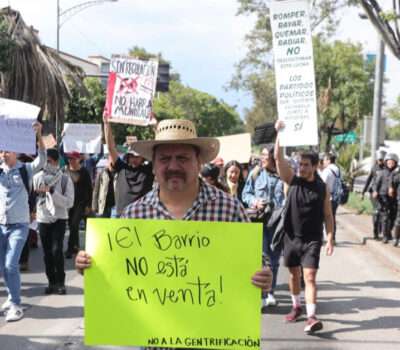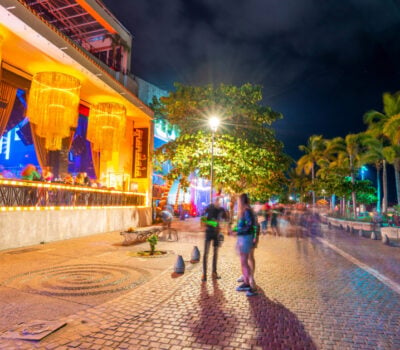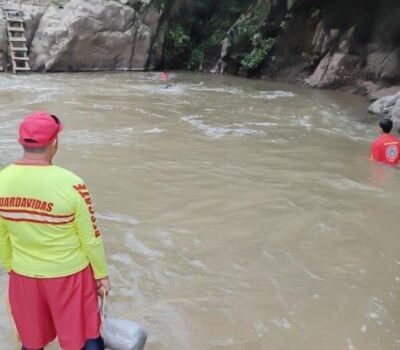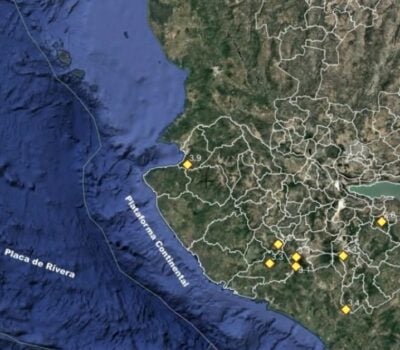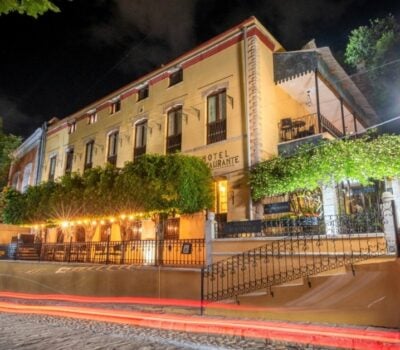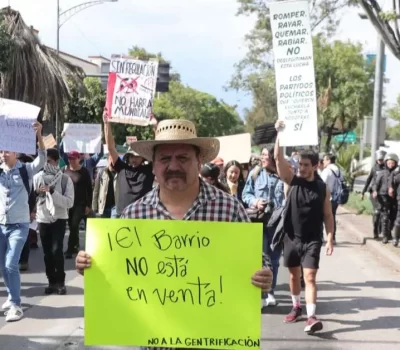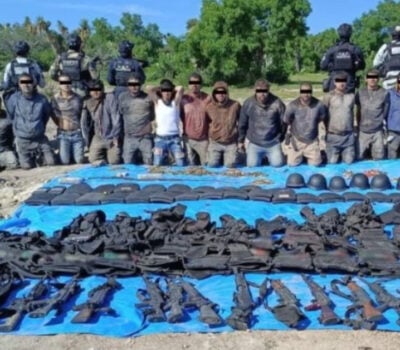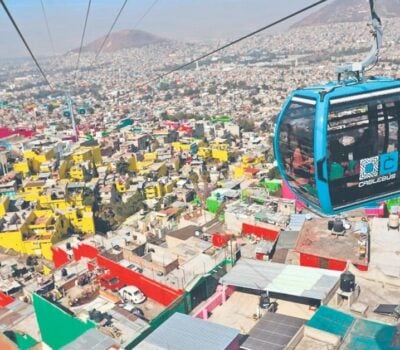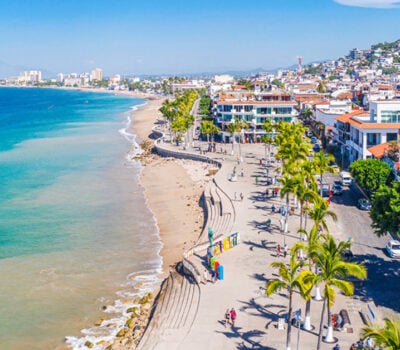Tourism leaders warn that security risks and low service quality threaten to dampen the 2026 World Cup Mexico security and quality as five million fans prepare to arrive.
As organizers count down to the FIFA World Cup 2026 kick-off, industry experts warn that security lapses and uneven service quality could tarnish the experience for roughly five million visitors expected across Mexican venues.
At a recent “Smart Tourism: Challenges and Opportunities Ahead of the 2026 World Cup” forum in Mexico City, Judith Guerra, president of the Mexican Group of Travel Agencies and Tourism Businesses (GMA), urged rapid improvements in hotel capacity and standards. She stressed that without upgraded lodging and reliable transport links, cities risk disappointing fans and missing a chance to boost their local economies.
Guerra also highlighted gaps in public-space safety. “We must guarantee secure environments at match venues, entertainment hubs and tourist hotspots so visitors feel safe and share positive feedback,” she said. She called for a unified security plan that spans local police, private guards and community watch groups to deter crime and reassure both guests and residents.
Adela Alonso, vice-president of the Mexico City Chamber of Commerce (Canaco-CDMX), echoed the need for strategic promotion of nearby attractions. She argued that well-designed travel packages—combining match tickets with cultural tours, local gastronomy and transportation—could smooth crowd flows and distribute economic gains beyond host cities. “We need attractive bundles that highlight regional strengths and keep visitors engaged off-site,” she said.
On the tech front, Raymundo Flores, president of the Mexican Association of Travel Agencies (AMAV-CDMX), warned of growing cyber threats tied to major events. He cited scams ranging from robocalls and phishing attacks to fake mobile apps that spread malware or harvest personal data. Flores urged stakeholders to tighten digital defenses, monitor dark-web markets for counterfeit tickets and educate fans on secure booking channels.
Transport infrastructure also topped the agenda. Experts noted that roughly 40 percent of arriving fans may pass through Cancún International Airport, labeling it a “golden opportunity” for service upgrades, according to Senator Eugenio Segura of Quintana Roo. He committed to securing federal funds for expanded check-in lanes, multilingual signage and streamlined customs procedures to handle the expected surge.
Industry leaders agreed that the tournament should leave a lasting legacy. Beyond match results, they see scope to fund long-term investments in public transport, hospitality training and cybersecurity frameworks. A robust legacy plan, they believe, can turn a short-term tourism spike into sustainable growth for Mexico’s travel sector.
With less than 18 months to go, stakeholders urge authorities and private operators to act now. Addressing security and service concerns early will not only protect the World Cup’s reputation but also ensure that Mexico reaps the full economic and cultural benefits of hosting football’s biggest show.



